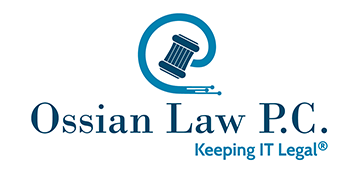Calling or texting consumers without proper consent can lead to claimed violations of the federal Telephone Consumer Protection Act of 1991 (TCPA). A plaintiff must show that the call or text utilized an automatic telephone dialing system (ATDS) and was without the consumer’s prior express consent. Quest Diagnostics Inc. is the defendant in a proposed TCPA class action filed in a federal court in New Jersey. In December 2018, the judge denied Quest’s motion to dismiss plaintiff Judy Wilson’s complaint.
In June 2019, the U.S. Supreme Court ruled on a different TCPA case, PDR Network LLC v. Carlton & Harris Chiropractic Inc. There, the Supreme Court struck down an appellate court ruling that a lower court was required to follow the Federal Communications Commission’s position that offering free services is an “unsolicited advertisement” banned by the TCPA.
This month, Quest renewed its motion to dismiss based on the PDR Network case but the judge also rejected this motion. Quest was equally unsuccessful in arguing that the case should be stayed pending the FCC’s release of a new guidance that may change how an ATDS is defined under the TCPA.
The December 2018 court decision is available here and an article with more information is available here Contact us at Ossian Law P. C. regarding any information technology law matter.
© 2019 Ossian Law P.C.
TCPA Class Action Proceeding Against Quest Diagnostics
